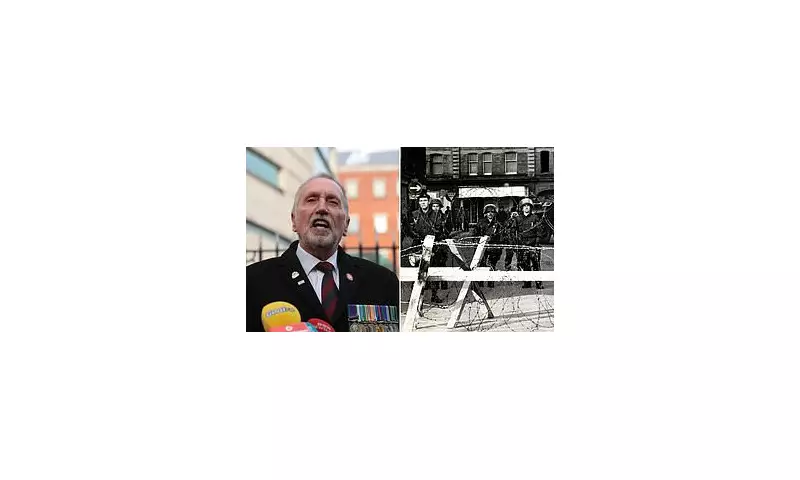
In a landmark decision that signals a definitive shift in how Britain addresses its troubled past in Northern Ireland, veteran Soldier F will not face prosecution for his alleged role in the Bloody Sunday shootings.
The End of an Era for Troubles Prosecutions
The controversial move comes as the government implements its Northern Ireland Troubles (Legacy and Reconciliation) Act, effectively drawing a line under historical prosecutions related to the three-decade conflict. The legislation has sparked intense debate across political and community lines.
Soldier F, the former paratrooper accused of two murders and five attempted murders during the 1972 Bloody Sunday incident in Derry, becomes one of the most high-profile beneficiaries of this policy change. The decision follows years of legal battles and emotional appeals from both victims' families and military veterans.
Bloody Sunday's Painful Legacy
January 30, 1972 remains one of the darkest days in Northern Ireland's history, when British soldiers opened fire on civil rights demonstrators in Derry's Bogside area. Fourteen people lost their lives in what began as a peaceful protest, with many others seriously injured.
The Saville Inquiry, which concluded in 2010, found that the victims posed no threat and that the shooting was "unjustified and unjustifiable." This landmark investigation paved the way for potential prosecutions, including that of Soldier F.
Government's Controversial Stance
Defence Secretary John Healey emphasised that the government's priority remains "reconciliation and information recovery" rather than criminal proceedings. The new approach establishes an Independent Commission for Reconciliation and Information Recovery (ICRIR), intended to help families uncover the truth about what happened to their loved ones.
However, this shift has drawn sharp criticism from human rights organisations and victims' groups, who argue it amounts to a de facto amnesty for Troubles-era crimes.
Veterans' Relief vs Victims' Anger
While military veteran groups have welcomed the decision as ending the "witch hunt" against former soldiers, families of Bloody Sunday victims have expressed profound disappointment. Many feel they have been denied justice after decades of campaigning for accountability.
The Public Prosecution Service for Northern Ireland confirmed that all remaining Troubles-related cases are being reviewed in light of the new legislation, suggesting more prosecutions may be halted in the coming months.
This development marks a significant moment in how the UK confronts the legacy of the Troubles, balancing competing demands for justice, truth, and reconciliation nearly 25 years after the Good Friday Agreement.





